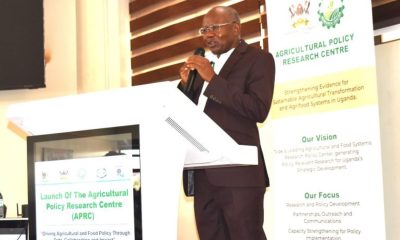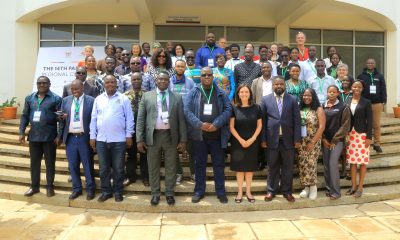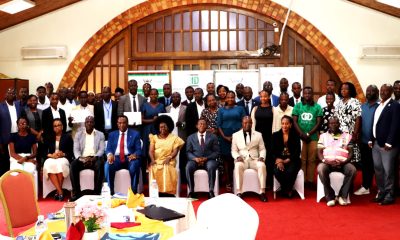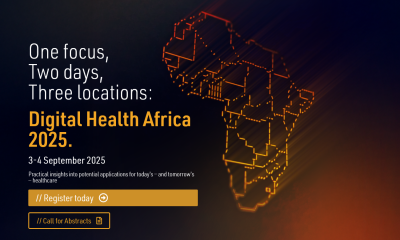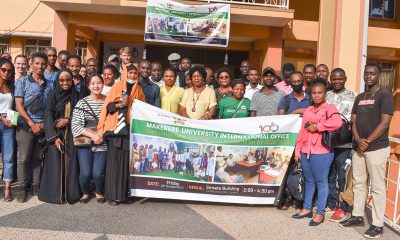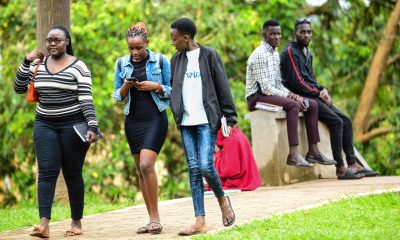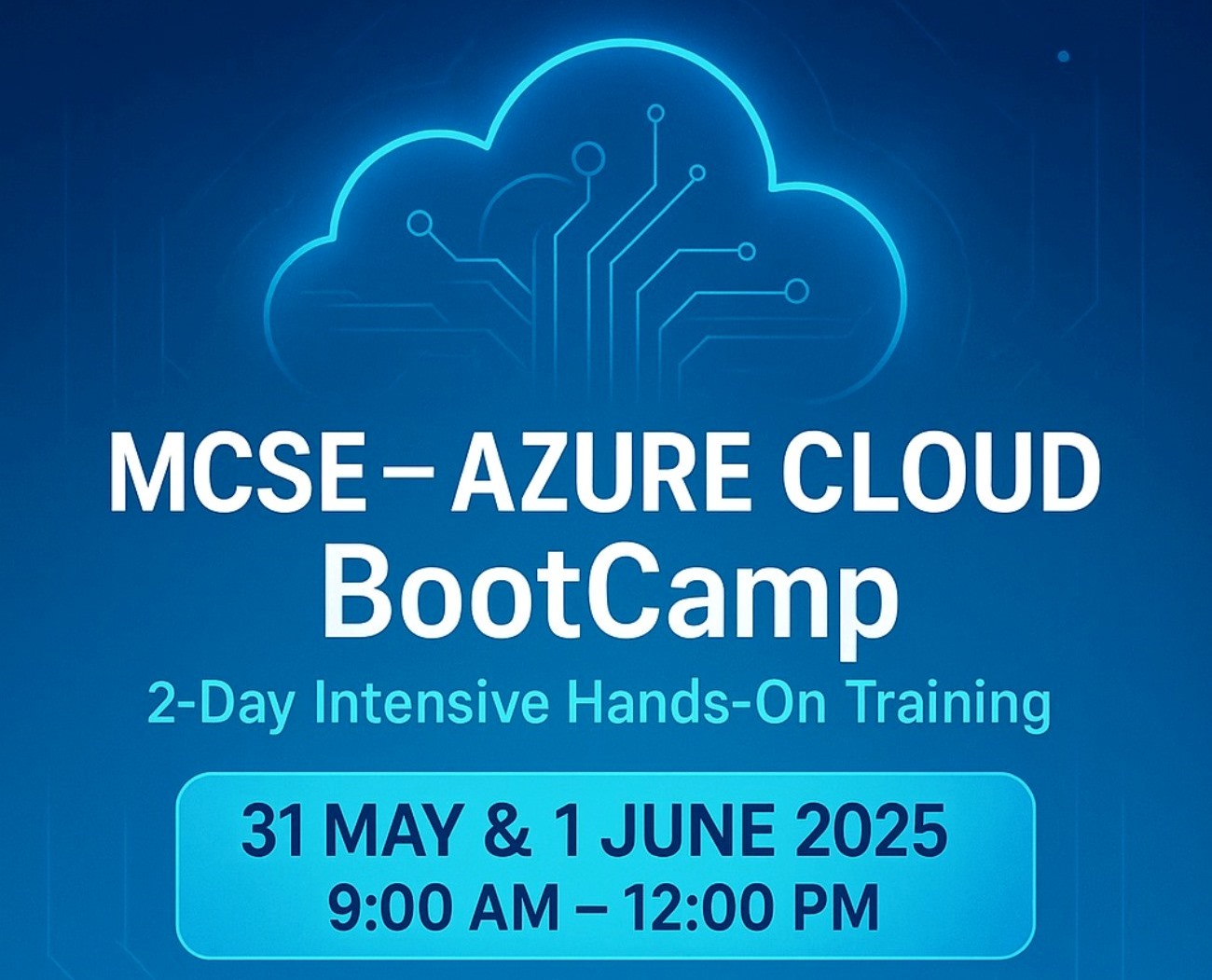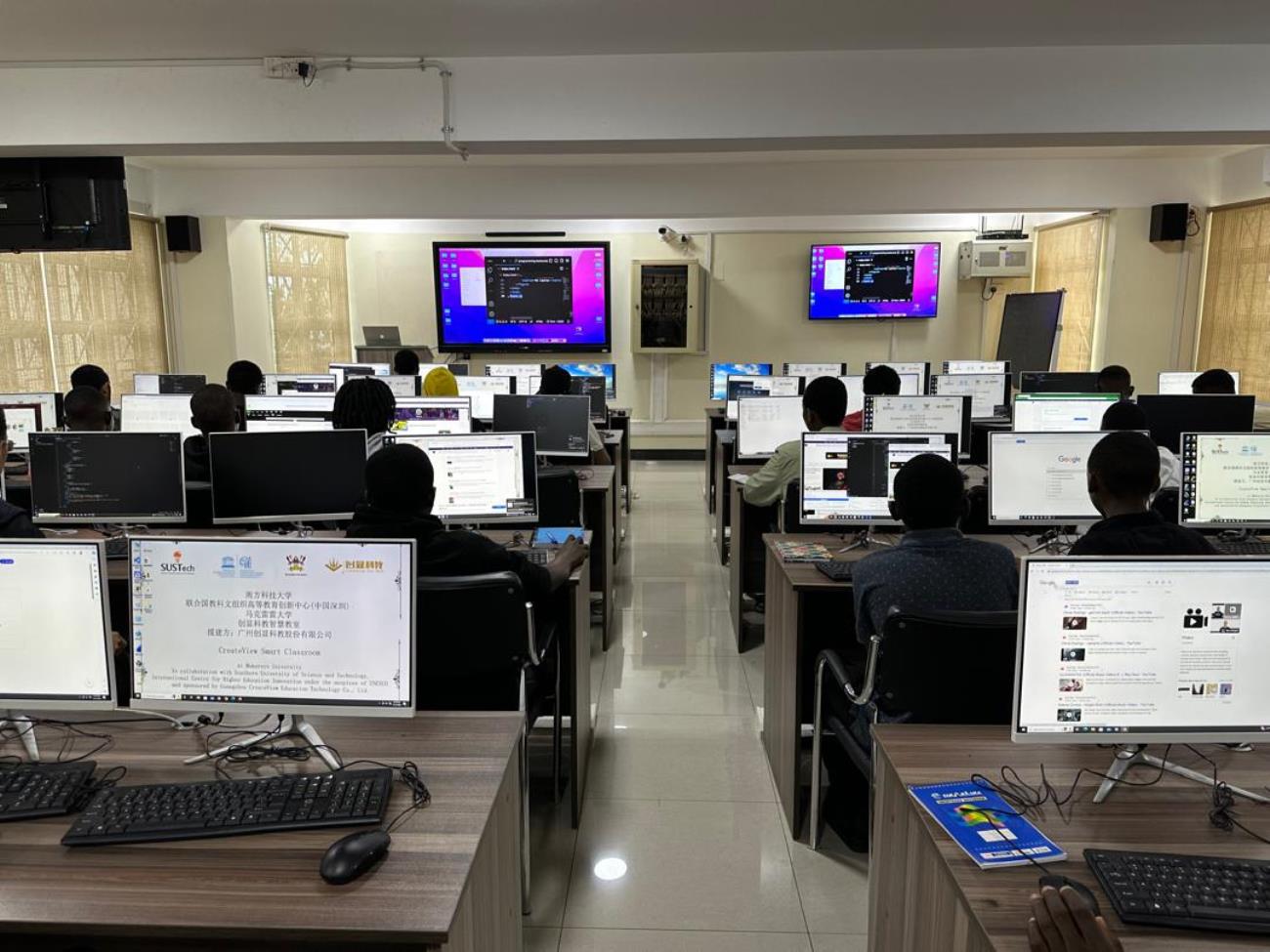A team of Makerere University second year students of B.Sc. Software Engineering have won the first prize for the Huawei African Information and Computer Technology (ICT) competition 2021-2022.
The Huawei ICT competition is an annual international competition and communication platform for university students and higher education institutions within the Huawei ICT Academy program aimed at promoting innovation among African universities and institutions of higher learning. Over 2500 students compete annually
Huawei is a leading global provider of ICT infrastructure and smart devices. The awarding ceremony was graced by State Minister for Higher Education Dr. John Chrysostom Muyingo at the grand finale event held in South Africa under the theme, “Connection, Glory, Future”.
A team of three Makerere University students code named, “KILO-TECH”designed a QuickTest App for blood diagnosis without pricking of blood from the patient, The QuickTest App is An embedded mobile application system to diagnose blood diseases mainly HIV/AIDS and Malaria without pricking the patient.
The team was led by Rutanana Arnold. Others are Nakyanzi Catherine (also Vice President CoCIS) and Nsengiyumva Wiberforce.
The key Benefit of the QuickTest App System is to reduce blood disease diagnosis time It is designed in such way that a patient just logs in the app, place the thumb on the scanner, and get the test results.
Makerere University lead instructor Mr. Daniel Kateregga said Uganda has one of the highest global burdens of malaria cases, with over 90% of the population at risk, malaria remains Uganda’s leading cause of death, especially in children.
Kateregga said, being a mobile application, the QuickTest app can be used anywhere in the world as long as the person has a smartphone.
“The new Makerere students technology is life-saving in terms of costs for government they incure in buying kits for the hospitals and also saving costs on the patients side interms of transport going to hospital and also reducing on stigmatization because the patient will be afraid of the doctor or other people knowing their HIV status.
The application is on your phone and you are diagnosed using your phone and the data is being uploaded onto the ministry of health servers. So the ministry of Health knows the patients diagnosed of particular diseases and can send support in terms of sensitization and mediation” Mr. Katereggea said.
He observed that Uganda is one the countries spending billions buying HIV and malaria testing kits hence the technology aims at reducing the burden on budget on such expenses in Uganda and world wide.
UNESCO and government of Uganda according to Kateregga has got information about this technology and expressed interest.
The QuickTest app he said will increase awareness of HIV and Malaria since any time and from anywhere the person does not feel well, they can just do the test.
Since Malaria and HIV tests are always paid for by people, the Mak app will in addition, reduce these costs since it will only require a person to subscribe once a month or yearly and they then do the test any time they want in their places of convenience. This will impact the community economically and health-wise
The Principal College of Computing and Information Sciences Prof. Tonny Oyana said, Makerere University’s first victory in Huawei ICT competition was recorded in 2018-2019 when the College emerged winner. Second year students with the assistance of finalists develop proposals and compete locally from the college to national, regional up to the continental level.
The 2021-2022 competitions started in December 2021 coming through different levels where many universities competed and Makerere emerged winner with two teams in the first and second position. Muni university got the 3rd position in Uganda and only one team was to compete for the regional final to represent Uganda. Makerere University’s KILO-TECH team with its new QuickTest technology represented Uganda in the region. It competed and got the 3rd position from the 10 countries that competed in the Innovation track for Africa.
Prof. Tonny Oyana said, since the 2018-2019 competitions, the college has now established a tradition of being the best ICT innovations in Africa – aligned with its core objective to be the best in ICT in the region.
Commenting the South African win, Prof. Oyana said, the college has been fortunate to take the first prize.
Prof. Oyana extended appreciation to the Vice chancellor Prof. Barnabas Nawangwe and the President of the Republic of Uganda for the publicity. Information from the competition in South Africa was got via the duo’s official twitter accounts.
“The college has produced outstanding innovators who are recognized in the continent and beyond. So, we are very fortunate again to take this position and to get the recognition from the Vice chancellor and the President because that gives us prestige but also demands to do more to advance this area of innovations especially providing real solutions that can help in other sectors of Uganda.
So we are extremely excited and privileged to take this honor and even do more. It will inspire young innovators who want to associate with prestige and high quality innovations”.The Principal said.
Prof. Oyana also thanked students and faculty for maintaining the name of the college and keeping Makerere University’s name high and shining.
President Yoweri Museveni and Prof. Barnabas Nawangwe congratulate Mak students
President Yoweri Museveni on his official twitter account quoted on several media posts congratulated Makerere students for winning the Huawei ICT competitions for sub-Saharan Africa.
“I congratulate Makerere University students for winning the Huawei ICT competitions for sub-Saharan Africa. I call upon you to use these skills to innovate and create jobs for yourselves and others and wish you luck in the global completion”, The Presidents advised.
Makerere University Vice Chancellor Prof. Barnabas Nawangwe in his tweet @ProfNawangwe congratulated the team upon this victory.
“Uganda’s flag rises high again as Makerereans win the @Huawei continental ICT competition, at a grand finale event held in South Africa. I congratulate the team on this great representation”, Prof. Nawangwe wrote.
The university Community has received the news with pride.
“Congratulations to the team. Makerere has the potential to be the leading research university in Africa. The government should give it all the money needed. This will enable it to attract and retain the best researchers.” Prof. Jamil Mujuzi tweeted.
Click and play the QuickTest app demo attached Video Player
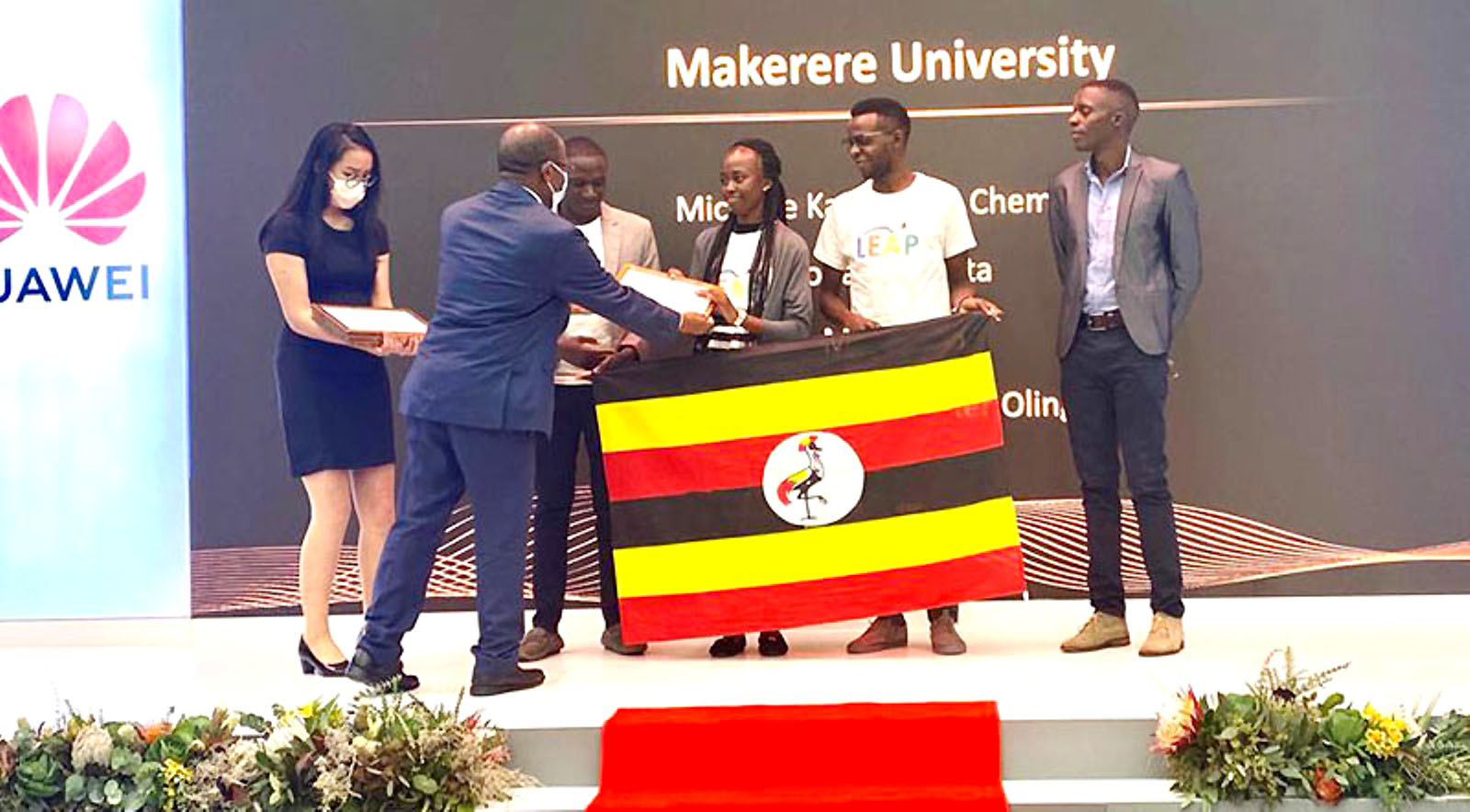

 Education24 hours ago
Education24 hours ago
 General1 week ago
General1 week ago
 General2 weeks ago
General2 weeks ago
 General4 days ago
General4 days ago
 General2 weeks ago
General2 weeks ago
